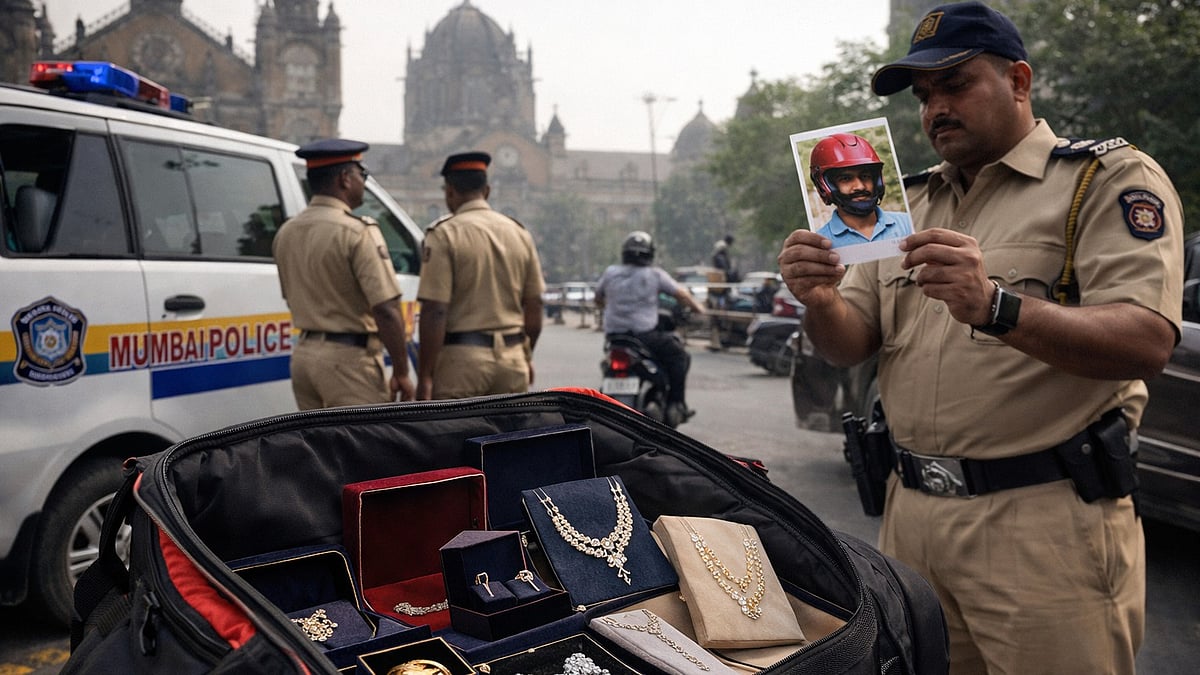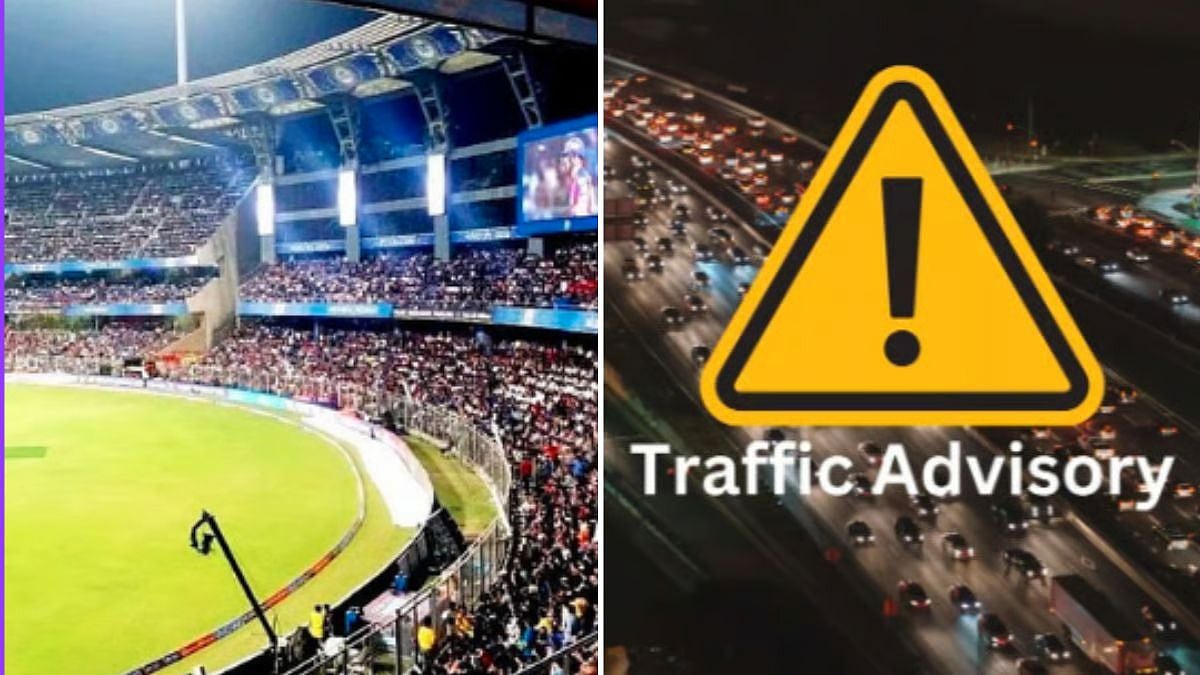Observing that there was no violation of fundamental rights of students, the Bombay High Court on Wednesday refused to interfere with the decision of the city college imposing a ban on wearing hijab, burkha and naqab in its premises. The court noted that the college has a fundamental right to administer the educational institution and that the dress code was applicable to all students irrespective of their religion or caste.
A bench of Justices AS Chandurkar and Rajesh Patil dismissed the petition saying it was not inclined to interfere with the decision of the college.
The HC was hearing a petition by nine students pursuing their science degree challenging a directive issued by the Chembur Trombay Education Society's NG Acharya and DK Marathe College imposing a ban on hijab, naqab, burka, stoles, caps and badges in the classroom, terming it as “arbitrary, unreasonable, bad-in-law and perverse”. They claimed that such a directive was against their fundamental rights to practice their religion, right to privacy and their right to choice.
The judges said, in their view, “the the dress code as prescribed cannot be held to violate the petitioners’ rights claimed under Article 19(1) (a) (freedom of speech and expression) and Article 25 (freedom to practice religion) of the Constitution of India”.
It rejected petitioners contention that wearing a hijab, naqab and burka was an essential practice of their religion and said there are insufficient pleadings in their plea to support the same.
“Except for stating that the same constitutes an essential religious practice on the basis of the English translation of Kanz-ul-Iman and Suman Abu Dawud, there is no material placed to uphold the petitioners’ contention that donning of Hijab and Nakab is an essential religious practice. The contention in that regard therefore fails,” the judges underlined.
By such a decision, the college was merely prescribing a dress code, the court added. “The regulation of such a dress code has to be treated as an exercise towards maintaining discipline at the Institution. This right flows from the recognized fundamental right to establish and administer an educational institution under Article 19(1)(g) and Article 26 of the Constitution of India,” it added.
Besides, the insistence for following the dress code is within the college premises and the petitioners’ freedom of choice and expression is not otherwise affected.
The bench said the motive behind prescribing the dress code is evident from the Instructions issued by the college as per which the intention is that a student’s religion ought not to be revealed.
“It is in larger academic interest of the students as well as for the administration and discipline of the College that this object is achieved. This is for the reason that students are expected to attend the educational institution to receive appropriate instructions for advancement of their academic careers,” the bench added.
As per dress code, the students are expected to wear something formal and decent which would not reveal their religion. Also, the college has provided changing room for the girl students, the court said.





